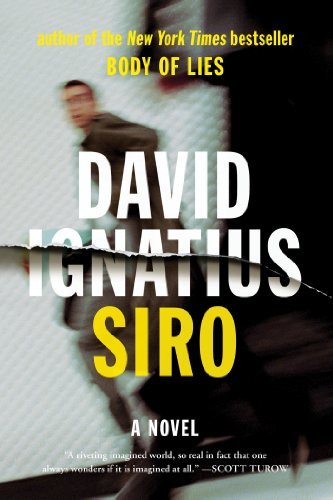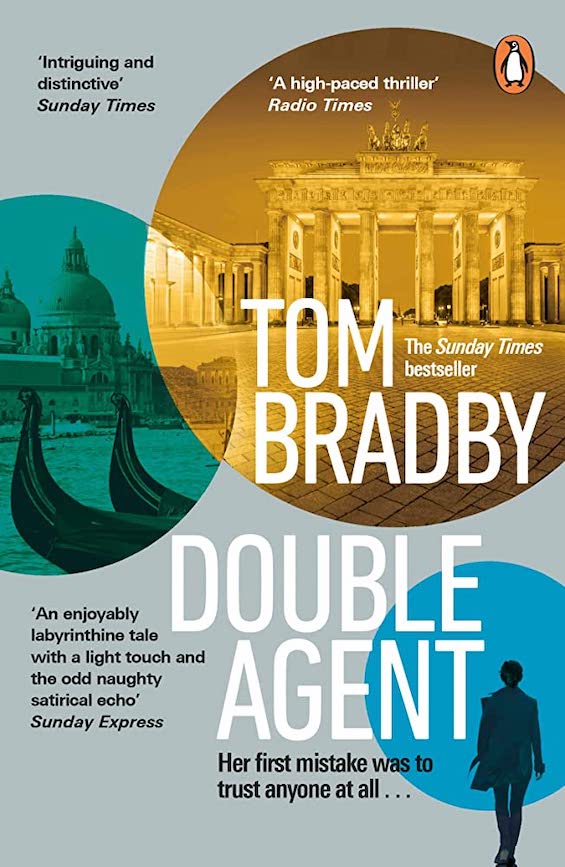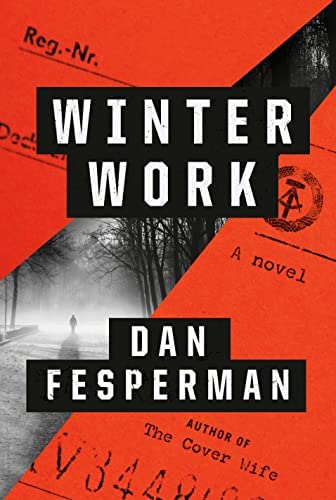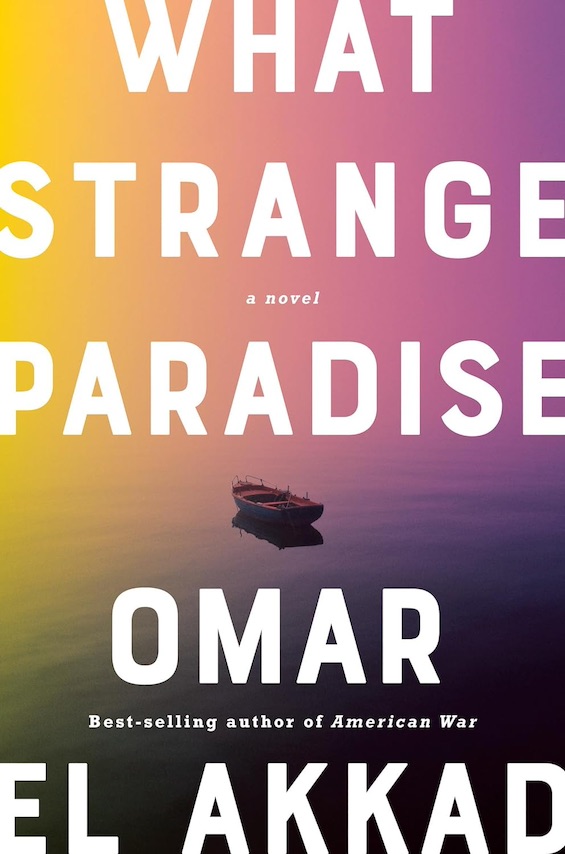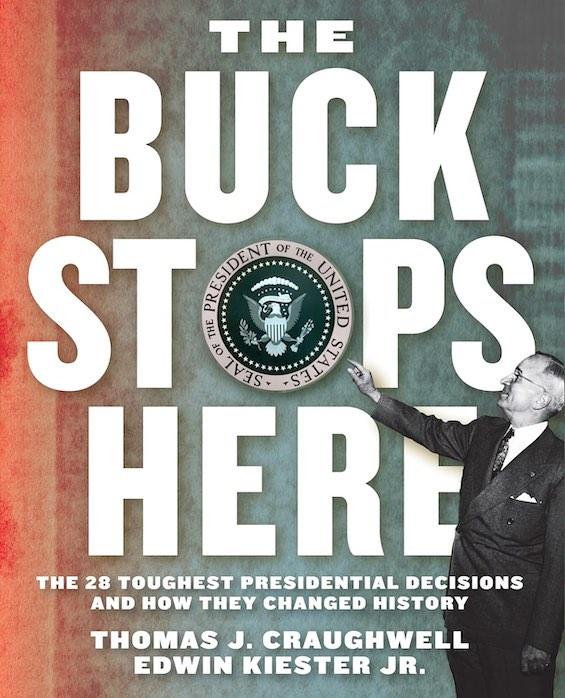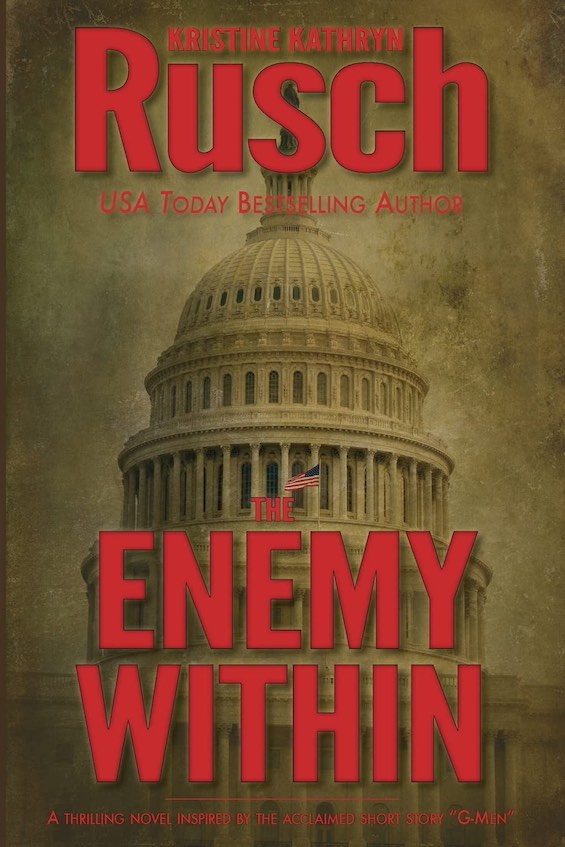
Estimated reading time: 5 minutes
Nineteen seventy-nine was a watershed year in world affairs. Islamic forces led by the Ayatollah Khomeini overthrew the Shah of Iran and imprisoned 90 hostages in the US embassy in Tehran. Meanwhile, at the White House, President Anwar Sadat of Egypt and Prime Minister Menachem Begin of Israel signed a peace treaty.
At nearly the same time, civil war broke out in El Salvador, and the Sandinista National Liberation Front overthrew the dictatorship of Anastasio Somoza in Nicaragua. Provisional IRA terrorists killed Lord Mountbatten in Ireland. The United States and the People’s Republic of China established full diplomatic relations. And the Soviet Union invaded Afghanistan.
This is the tumultuous historical setting in the background of David Ignatius’ dazzling novel of espionage, Siro. It’s the most intelligent spy novel I’ve read in many years.
Siro by David Ignatius (1991) 625 pages ★★★★★
When the CIA was dysfunctional
The 1970s brought little but trouble for the CIA. The legacy of Allen Dulles’ long tenure at the helm of the agency was scandal. One after another, Congressional investigators brought to light the ugly reality of the nation’s most visible intelligence service: Watergate, the bungled operations, the assassinations and attempted assassinations of heads of state, the intervention in domestic affairs. Directors appointed to reform the agency forced out much of the old guard, with the heaviest toll landing on the clandestine Directorate of Operations. By 1979, the few survivors of the CIA’s early years considered the agency to be dysfunctional. One of those survivors is one of the three central characters in Siro.
A relic of what was best and most enduring
Edward Stone is the former chief of the Near East Division. Like others present at the founding of the agency, he had fought in the OSS during World War II. Unlike most of his peers, he was still in place three decades later. He survived on the strength of his friendships with colleagues in senior leadership positions and by keeping a low profile in an obscure position outside the agency’s hierarchy. Stone laments the deplorable condition into which the CIA has fallen, with those he considers politicians and paper-pushers calling the shots and hobbling every attempt to take action. “He saw himself, in the twilight of his career, as a relic of what was best and most enduring about the America that had grown up so quickly during and after World War II—namely, the Central Intelligence Agency.”
To put the agency back on the offensive against the Soviet Union, Stone undertakes a secret plan to stir up nationalist sentiment in the Islamic Soviet republics of Central Asia. He finds his agents in the disgruntled veteran officer who heads the US Consul in Istanbul and an idealistic young woman who is barely out of training as an officer. In Siro, we follow the action that unfolds in chapters that alternate among these three principal characters.
The most intelligent spy novel I’ve read in many years
Most popular spy novels tend to be saturated with violence. Gunfights. Car chases. And battles of wits between ruthless CIA and KGB officers. There’s nothing of that in Siro. The book is an intelligent spy novel . . . an entirely believable account of the business of espionage as it must actually be conducted:
- The Agency’s Director sends a memo to all supervisory staff on “Managing by Objectives,” assigning 20 objectives and requiring everyone to explain how they’re implementing them.
- Somebody in the Director’s office becomes obsessed about gunrunning from Bulgaria into Turkey and insists all CIA personnel in the two countries actively investigate. But they all know guns are coming into Turkey through a number of other channels.
- Intelligence officers burn out, often break the rules, and forget passwords.
- And all the while the KGB runs circles around the CIA, tapping every line of communication in and out of every American property in the Soviet Union and identifying every US asset.
This is the real world, not James Bond’s or Gabriel Allon’s.
The Soviet republics of Central Asia were all once Turkestan
The action in Siro involves a land known to many of its present-day inhabitants as Turkestan. Turkestan is a geographical and cultural expression, not a nation-state in the modern sense of the term. Its history reaches back to the fourth century BCE, but it’s most easily described as the remnants of Genghis Khan’s 13th-century empire. The land stretches from the Gobi desert in the east to the shores of the Caspian Sea in the west, with Siberia to the north and Afghanistan, Kashmir, and Tibet to the south. It encompasses today’s modern “Stans” and the sprawling western Chinese province of Xinjiang. The common element is that Turkic languages dominate the region. This is the site of Edward Stone’s private war against the USSR.
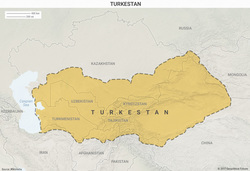
About the author
David Ignatius is an associate editor and columnist for the Washington Post, where he has worked since 1986. He is also a familiar television commentator. The first of his 10 novels to date was published in 1987. He was educated at Harvard and Cambridge Universities.
For related reading
The author is one of The best spy novelists writing today. And this novel is one of 26 mysteries to keep you reading at night.
I’ve reviewed several other excellent spy novels by David Ignatius, including:
- A Firing Offense (A suspenseful espionage story about journalists and spies)
- The Increment (A gripping novel about Iran and the CIA)
- Agents of Innocence (The CIA and the PLO in Cold War Beirut)
You might also enjoy my posts:
- The 15 best espionage novels
- 20 good nonfiction books about espionage
- Top 10 mystery and thriller series
- 20 most enlightening historical novels
- Top 10 historical mysteries and thrillers
And you can always find my most popular reviews, and the most recent ones, on the Home Page.

